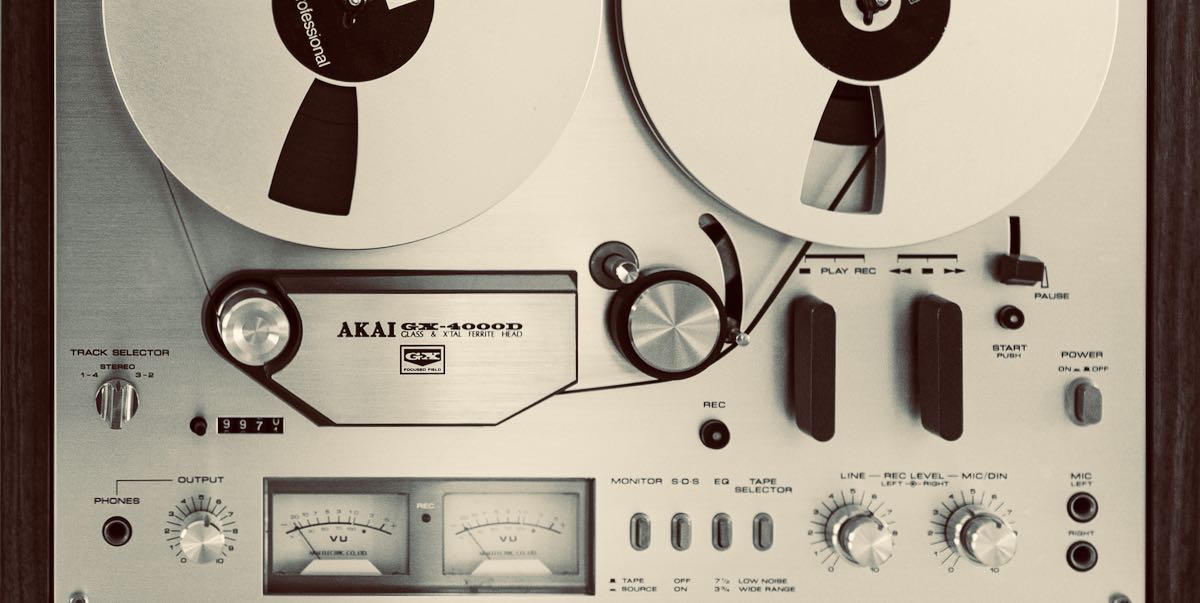 I’m honored to announce that the Shortwave Radio Audio Archive and the Radio Spectrum Archive are now partners of the Radio Preservation Task Force.
I’m honored to announce that the Shortwave Radio Audio Archive and the Radio Spectrum Archive are now partners of the Radio Preservation Task Force.
Click here to read the official press release.
To say that I’m enthused would be an understatement: the Radio Preservation Task Force has, as of today, officially partnered with the Shortwave Radio Audio Archive and Radio Spectrum Archive.
When I learned that the Library of Congress’s National Recording Preservation Board created the Radio Preservation Task Force (RPTF) in 2014, I became an enthusiastic contributor early on, having started a modest preservation project myself only a few years prior. Then, a partnership like the one created today would have been one of dreams.
As many of you here know, I’m not only passionate about technologic innovations in our radio space, but also preserving our past.
Shortwave Radio Audio Archive
It was in 2012, in response to a round-table discussion at the Winter SWL Fest, that I created the Shortwave Radio Audio Archive (SRAA). Many of us in the radio community were concerned about the number of original, made-from-home, off-air shortwave radio recordings (airchecks) that we knew were in existence, yet were simply disappearing with the passage of time. We were well aware of members of our community who had either passed away or downsized, and many of their recordings––some of pivotal world events––were being tossed out by well-meaning loved ones or friends who simply didn’t understand their relevance. In addition, many of these recordings were captured on magnetic tape, which becomes brittle with time; we knew these recordings were literally turning to dust. I felt I had to do something. The SRAA was that something.
Fortunately for me, the SRAA’s mission has really resonated within our radio community. Today, we have thousands of off-air recordings, all freely available to everyone. The recordings can be downloaded directly from the archive, but many listeners simply subscribe to the SRAA Podcast and receive each recording automatically, as it is published.
Turns out, the archive also attracts the interest of individuals outside of our radio world including historians, musicians, and filmmakers. Indeed, the archive has even been reviewed in The Wire Magazine by a music critic as an audio resource for electronic musicians. At time of posting, the SRAA is the inspiration for artists in the latest Cities and Memory project Shortwave Transmissions.
The archive is not, nor has ever been, monetized; it has no commercial sponsorship, and is completely funded by its contributors. It is free and open to everyone.
I’m exceedingly grateful to our many contributors who continue to unearth absolutely amazing off-air recordings. Our SRAA contributors are true champions of preserving our radio heritage in a space that will long outlast us. We’ve taken measures to ensure that multiple archivists have full access to the site, so its existence isn’t dependent on any one individual. We also actively seek organizations and educational institutions who can house redundant copies of the Archive.
And still it grows.
Radio Spectrum Archive
Compared with the SRAA, the Radio Spectrum Archive (RSA) is still in its infancy. But it, too, is growing, and the reason for this steady and growth is the existence of its contributors and other supporters.
Of course, while audio recordings––like those in the SRAA––are relatively small (often between 2 – 120 MB), spectrum recordings are larger by orders of magnitude.
As you might imagine–even in 2021/2022–it is not a simple task to digitally archive and share/move 20GB to 2 TB collections. We are incredibly fortunate in that the Internet Archive supports the RSA and gives us valuable real estate on their servers to preserve and share recordings.
With time, this collection will grow and become a resource for everyone. Our hope is that we may even be able to built a web interface (much like those used by Web SDRs) to play back recordings without having to physically download them.
My wholehearted thanks…
Of course, none of this would have been possible without the many contributors from within our radio community. Thank you all so much for being a part of a movement that archives our amazing, and amazingly diverse, radio history. You have made this possible.
Finally, I’m so grateful to the Radio Preservation Task Force––not just for this empowering partnership and what it means to us today, but for the future potential it represents. It’s clear that we’ve only just begun.
Thank you––thank you––thank you, all.
Thomas Witherspoon


Congratulations Thomas! And thanks for all you do for the radio community.
Justin KE8COY
I’ve not been very diligent in recording broadcasts other than Shortwave Radiogram, and any old ones I had were on cassette and long gone.
The only historical recordings I have are two NHK broadcasts in English of the earthquake and subsequent reactor problems at the Fukushima Daiichi plant.
Congratulations! A well deserved recognition of your efforts and passion in creating and maintaining SRAA and RSA (congratulations obviously extended to both staffs and all the contributors).
73 de Ferruccio IZ1096SWL, Italy
Congratulations! This is awesome news. 73, KI4ASK